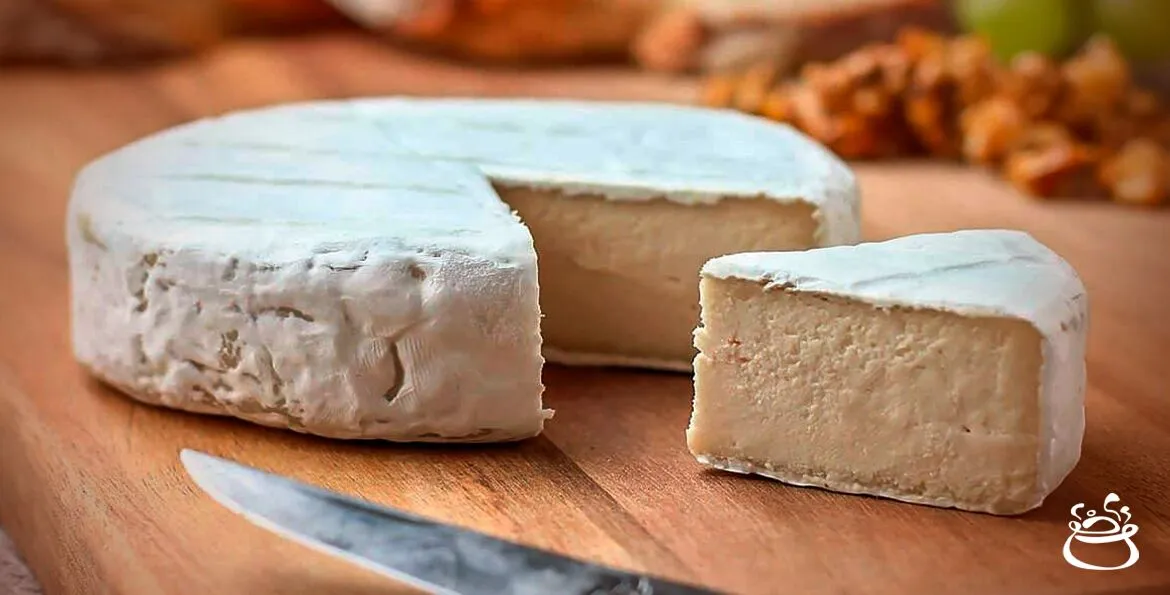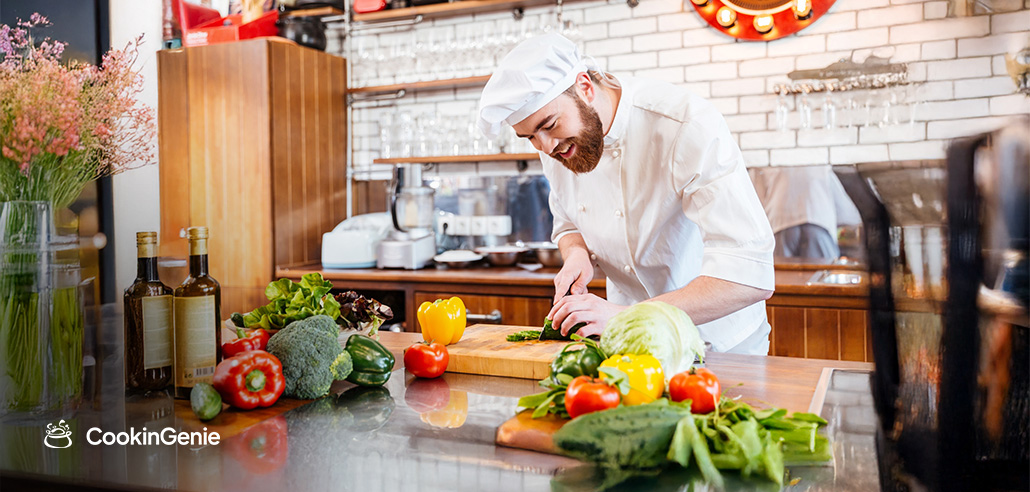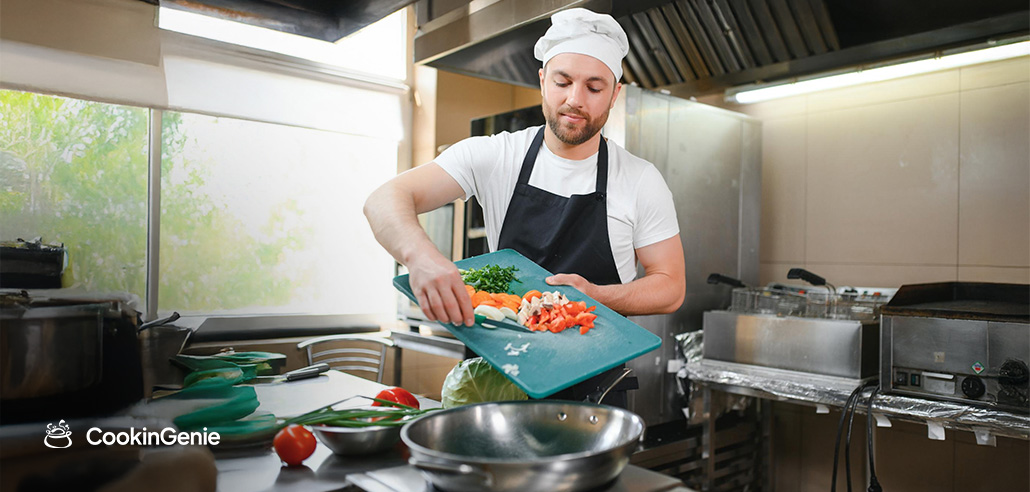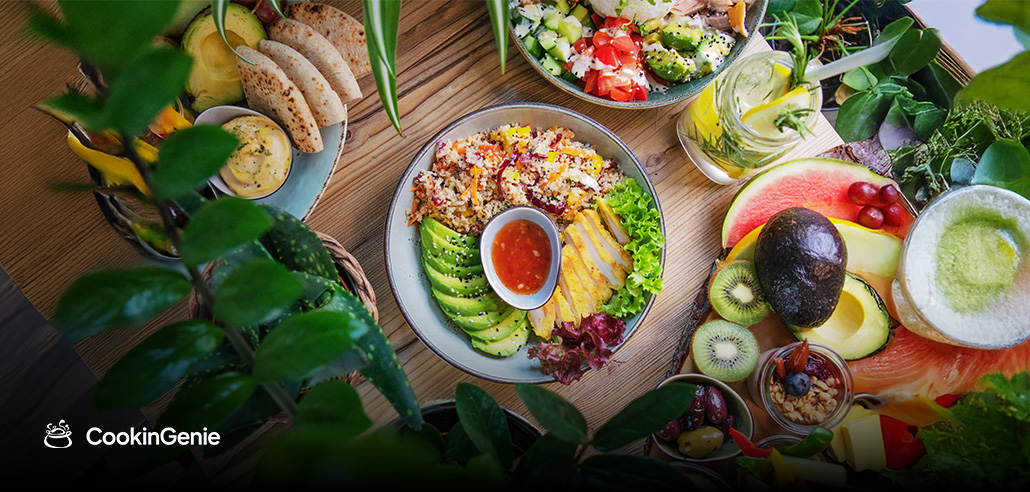Vegan Cheese: A Sustainable Alternative to Dairy Cheese
Are you a cheese lover but feel guilty about the environmental impact of dairy production? Or perhaps you’re lactose intolerant and have been searching for a satisfying alternative to your beloved cheese? Look no further than vegan cheese! Not only is it a delicious and nutritious option, but it’s also a sustainable choice that’s better for the planet. In this blog, we’ll explore the world of vegan cheese and discover why it’s becoming a popular choice for cheese enthusiasts everywhere. From the history and science behind vegan cheese to the different varieties and flavors available, you’ll learn everything you need to know to make the switch to this sustainable alternative. So grab a glass of your favorite non-dairy milk, and let’s dive in.
About vegan cheese
Vegan cheese is a type of cheese made without using any animal products. Instead, it is created using plant-based ingredients such as nuts, seeds, soy, and vegetables. Vegan cheese comes in a wide variety of flavors and textures, which makes it an excellent option for individuals who are lactose intolerant, vegan, or simply want to make healthier choices when it comes to their diet. It can be used as a substitute for traditional cheese in many dishes, including pizzas, sandwiches, and salads. Some popular types of vegan cheese include cashew cheese, tofu cheese, and coconut cheese.
Vegan cheese popularity
As the world becomes more conscious of the impact of our food choices on the planet, there has been a surge in the adoption of plant-based diets. One of the most exciting developments in this shift towards sustainability is the growing popularity of vegan cheese.
Not only is vegan cheese a fantastic option for those who suffer from lactose intolerance or have a dairy allergy, but it is also a healthier alternative for those looking to reduce their intake of animal products. With its wide range of flavors and textures, vegan cheese is a delicious and sustainable choice that is taking the culinary world by storm.
Whether you’re a long-time vegan or simply looking to incorporate more plant-based options into your diet, vegan cheese is a versatile and satisfying alternative to traditional dairy cheese.
Making process
As vegan cheese is made using plant-based ingredients and production methods that are animal-free, it’s a great option for people who are lactose intolerant, vegan, or looking for a healthier alternative to traditional cheese.
Here is the process of making vegan cheese, the ingredients used, and the different production methods used for different types of vegan cheese.
Ingredients Used
Vegan cheese can be made from a variety of plant-based ingredients. Some of the most commonly used ingredients include:
- Nuts: Cashews, almonds, and macadamia nuts are often used in vegan cheese production. These nuts are soaked, blended, and sometimes fermented to create a creamy cheese-like texture.
- Soy: Soy is another popular ingredient in vegan cheese production. It is often used to create a firm and sliceable cheese-like texture.
- Seeds: Seeds like sunflower, pumpkin, and sesame can also be used to make vegan cheese. They are blended with other ingredients to create a creamy texture and a nutty flavor.
- Vegetables: Vegetables like potatoes and carrots can also be used in vegan cheese production. They are blended with other ingredients and flavored to create a cheese-like texture and taste.
Process
The process of making vegan cheese can vary depending on the type of cheese being made. However, some basic steps are involved in most vegan cheese production methods. These steps include:
- Soaking: Nuts and seeds are often soaked before blending. This helps to soften them and make them easier to blend.
- Blending: The soaked nuts, seeds, or vegetables are blended with other ingredients like water, spices, and probiotics to create a creamy texture.
- Fermenting: Some vegan cheeses are fermented to develop a tangy and cheesy flavor. This process involves adding probiotics and leaving the mixture to sit at room temperature for a period of time.
- Shaping: Once the cheese mixture is ready, it is shaped into blocks, slices, or rounds, depending on the type of cheese being made.
- Aging: Some vegan cheeses are aged to develop a stronger flavor and texture. This process involves storing the cheese in a cool and dry place for several days or weeks.
Production Methods
Different production methods are used to make different types of vegan cheese. Some of the most common production methods include:
- Nut Cheese: Nut cheese is made by blending soaked nuts with water, probiotics, and seasonings. The mixture is then fermented to create a tangy and cheesy flavor.
- Soy Cheese: Soy cheese is made by blending cooked soybeans with water, vinegar, and seasonings. The mixture is then pressed and shaped into blocks or slices.
- Vegetable Cheese: Vegetable cheese is made by blending cooked vegetables like potatoes or carrots with other ingredients like nutritional yeast, lemon juice, and garlic. The mixture is then flavored to create a cheese-like taste.
Varieties of vegan cheese
Veganism is a dietary practice that involves avoiding the consumption of animal products, including cheese. However, with the growing popularity of veganism, there has been a rise in the demand for plant-based alternatives to cheese, resulting in the development of a wide range of vegan cheese options. Here are some key points about the different types of vegan cheese available:
Mozzarella
Mozzarella is a popular cheese variety that is commonly used in Italian cuisine. Vegan mozzarella is made from plant-based ingredients such as coconut oil, tapioca starch, and soy protein. It has a mild, creamy flavor and a stretchy, melty texture, making it a great substitute for traditional mozzarella.
Cheddar
Cheddar is another popular cheese variety that is widely used in many dishes, including macaroni and cheese, sandwiches, and burgers. Vegan cheddar cheese is typically made from ingredients like nuts, soy protein, or tapioca starch. It has a sharp, tangy flavor and can be grated or melted like traditional cheddar cheese.
Feta
Feta cheese is a crumbly, salty cheese that is often used in Greek cuisine. Vegan feta cheese is typically made from tofu or nuts and has a similar crumbly texture and salty flavor as traditional feta cheese.
Cream cheese
Cream cheese is a soft, spreadable cheese that is commonly used in bagels, sandwiches, and dips. Vegan cream cheese is made from plant-based ingredients like nuts, soy, or coconut cream and has a smooth, creamy texture and a tangy flavor similar to traditional cream cheese.
Health benefits and drawbacks of vegan cheese
Although Vegan cheese offers benefits such as being lower in saturated fat and lactose-free, but may also have drawbacks such as high sodium content and nut allergies. Below we have explored the factors to help you decide if vegan cheese is right for you.
Benefits
- Lower in saturated fat: Vegan cheese is typically lower in saturated fat than traditional cheese made from animal milk, which can be beneficial for heart health.
- Lactose-free: Vegan cheese is an excellent option for those who are lactose intolerant or have a dairy allergy.
- Plant-based protein: Some types of vegan cheese are made from nuts or soy, which provide plant-based protein that can be beneficial for maintaining muscle mass and overall health.
- Cholesterol-free: Since vegan cheese is made from plant-based ingredients, it does not contain any cholesterol, which can be beneficial for heart health.
- Ethical and environmental concerns: Vegan cheese is a more ethical and environmentally-friendly option as it does not require the use of animal products or contribute to the negative impacts associated with animal agriculture.
Drawbacks
- High in sodium: Some types of vegan cheese may contain high amounts of sodium, which can be harmful to individuals with high blood pressure or kidney problems.
- Additives: Some brands of vegan cheese may contain additives such as artificial flavors or colors, so it’s important to read the labels and choose brands that use whole food ingredients.
- Nut allergies: Some types of vegan cheese are made from nuts, which can be a concern for individuals with nut allergies.
- Cost: Vegan cheese can be more expensive than traditional cheese made from animal milk, which may not be feasible for everyone.
- Taste and texture: While vegan cheese can be a great substitute for traditional cheese, it may not have the same taste or texture, which can be a drawback for some individuals.
Overall, consuming vegan cheese can have several benefits, but it’s important to choose brands that use whole food ingredients, balance your intake with other whole foods, and be mindful of any potential drawbacks.
Top Brands of Vegan Cheese
There are many different brands of vegan cheese available, and it can be overwhelming to choose which one to try. Some popular brands include Daiya, Follow Your Heart, and Miyoko’s Creamery. Each brand offers a variety of flavors and types of vegan cheese, from cheddar to mozzarella to cream cheese.
- Daiya: Daiya is a popular vegan cheese brand that offers a wide range of dairy-free cheese alternatives, including shreds, slices, and blocks. Their cheese is made from cassava and arrowroot flours, non-GMO canola and coconut oils, and pea protein. Some of their most popular flavors include cheddar, mozzarella, and pepperjack.
- Follow Your Heart: Follow Your Heart is another well-known vegan cheese brand that has been around for over 40 years. Their cheese products are made from a combination of soy and coconut oils, and they offer a variety of flavors such as provolone, pepper jack, and feta. Follow Your Heart also makes vegan cream cheese and sour cream alternatives.
- Miyoko’s Creamery: Miyoko’s Creamery specializes in artisanal vegan cheese made from nuts, such as cashews and almonds. They offer a range of flavors, including smoked farmhouse, sharp cheddar, and pepper jack. Their cheese has been praised for its authentic taste and texture, making it a favorite among vegan cheese enthusiasts.
- Violife: Violife is a Greek-based vegan cheese brand that offers a range of dairy-free cheese alternatives made from coconut oil and potato starch. They have a variety of flavors, including feta, cheddar, and parmesan, and they also make vegan cheese spreads and cream cheeses.
- Kite Hill: Kite Hill is a vegan cheese brand that uses almond milk as the base for their cheese products. They offer a range of flavors, including ricotta, cream cheese, and chive cheese spread. Kite Hill has been praised for its creamy texture and authentic flavor.
- Tofutti: Tofutti is a vegan cheese brand that has been around since 1980. Their cheese products are made from soybeans and offer a variety of flavors, including mozzarella, cheddar, and cream cheese. Tofutti also makes vegan sour cream and ice cream alternatives.
Vegan Cheese in Popular Dishes
Whether you are looking to make a vegan mac and cheese or a cheesy vegan lasagna, there are plenty of vegan dishes to choose from.
- Vegan Mac and Cheese: Mac and cheese is a classic comfort food, and it’s easy to make a vegan version that’s just as satisfying. Some popular vegan mac and cheese recipes use cashews and nutritional yeast to create a creamy, cheesy sauce. You can also use store-bought vegan cheese shreds to make a quick and easy version of this dish.
- Vegan Lasagna: Lasagna is another dish that can easily be made vegan by substituting dairy cheese for a plant-based alternative. You can use vegan cheese shreds to layer with the lasagna noodles, or you can make a tofu-based ricotta cheese to add a creamy texture. Some recipes also use a combination of vegan cheese and cashews to create a rich, cheesy flavor.
- Vegan Grilled Cheese: Grilled cheese sandwiches are a childhood favorite, and they can easily be made vegan by using dairy-free cheese slices or shreds. You can also add other vegan toppings like sliced avocado, tomato, or vegan bacon to take this classic sandwich to the next level.
- Vegan Pizza: Pizza is another dish that can easily be made vegan by using dairy-free cheese shreds or slices. You can also add a variety of plant-based toppings like mushrooms, peppers, and vegan sausage to create a delicious and satisfying meal.
- Substituting Vegan Cheese for Dairy Cheese: When substituting vegan cheese for dairy cheese in recipes, it’s important to choose a vegan cheese that melts well and has a similar flavor profile to the dairy cheese you’re replacing. You may also need to adjust the cooking time or temperature to ensure that the vegan cheese melts properly.
- Cooking with Vegan Cheese: When cooking with vegan cheese, it’s important to keep in mind that it may have a different texture and melting point than dairy cheese. It’s best to follow the instructions on the package and experiment with different cooking methods to find the best way to use vegan cheese in your recipes.
Conclusion
In conclusion, if you’re looking for a delicious and sustainable alternative to dairy cheese, vegan cheese is a great option to consider. With so many different brands and varieties available, you’re sure to find one that suits your taste buds. Plus, by choosing vegan cheese, you’re making a positive impact on the environment and animal welfare. So, why not give it a try and discover the many benefits of vegan cheese for yourself?



 Settings
Settings
 Gift Card
Gift Card Blog
Blog Locate Us
Locate Us










 Home
Home
 Chefs
Chefs
 Chats
Chats
 My Order
My Order



